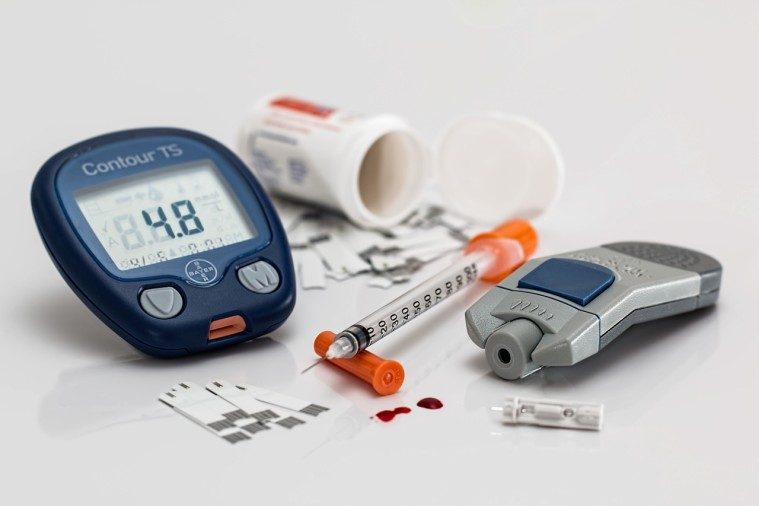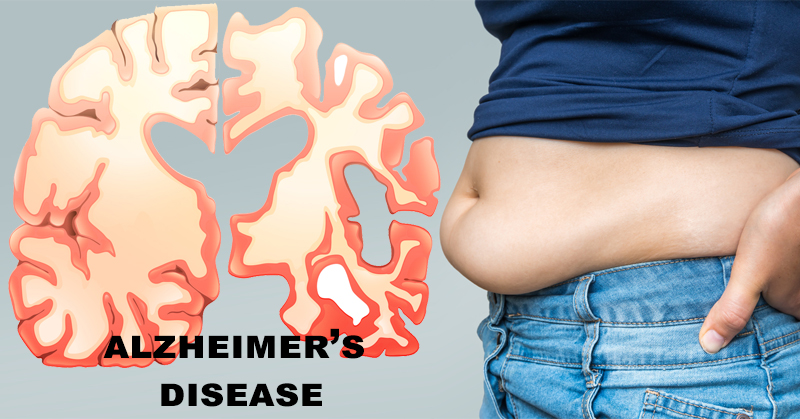Tea is the most consumed beverage in the world after water. If you’ve ever wondered whether your daily cup of black tea is healthy or not, the answer is yes! Black tea is loaded with antioxidants that help protect cells from free radical damage, improve mental alertness and promote heart health, among other benefits.
Here are eight health benefits of black tea:
1. Black Tea Lowers The Risk Of Alzheimer’s Disease
When researchers studied 957 Chinese seniors 55 and older, they found that “regular consumption of tea lowers the risk of cognitive decline in the elderly by 50 percent.” The study also showed that those who carry the APOE e4 gene and are at risk for developing Alzheimer’s disease ‘may experience a reduction in cognitive impairment risk by as much as 86 percent.”
2. Black Tea Boosts Heart Health
In a recent study, researchers looked at the effects of black tea consumption on the risk of ischaemic heart disease. They followed more than 350,000 men and women between the ages of 30 and 79. After seven years, they found that consumption of tea was associated with a reduced risk of ischaemic heart disease, as well as a lower risk of major coronary events such as a heart attack.

3. Black Tea Lowers Stress Hormones
Research has shown that black tea can help relieve the stresses of daily life by lowering stress hormones like cortisol. In one study, 75 healthy male tea drinkers were split into two groups. For six weeks, one group consumed a caffeinated black tea while the other group drank a beverage that tasted the same and had the same level of caffeine, yet it did not contain any other active tea compounds. The men underwent stress-inducing situations while researchers kept tract of their stress hormone levels, blood pressure levels, heart rates and self-reported stress levels. They found that the real black tea drinkers experienced a lowering of cortisol levels that was noticeably lower than the other group. They also experienced a sense of relaxation after the stressful event.
4. Black Tea May Help Fight Cancer
Black tea is a major source of flavonoids, inclduing catechin, epicatechin, kaempferol and myricetin. In a 2013 study, researchers investigated the effects of consuming flavonoid-rich black tea on prostate cancer risk in over 58,000 men. The study found that increased flavonoid and black tea intake was linked to a lower risk of advanced stage prostate cancer. Other studies have shown that the flavonoids in black tea have a strong ability to stop the growth of ovarian cancer cells.

5. Black Tea Lowers The Risk of Parkinson’s Disease
Researchers found that men who consume 421 to 2,716 milligrams of total caffeine – approximately 5-33 cups of black tea – seem to have the lowest risk of developing Parkinson’s disease. Men who drink as little as 124-208 milligrams of caffeine each day – about 1-3 cups of black tea – also have a significantly lower chance of developing Parkinson’s disease. Studies have shown that in women, 1-4 cups of black tea per day is best.
6. Black Tea Helps Reduce The Risk Of Diabetes
A study published in the journal Diabetologia looked at tea consumption in relationship to the development of type 2 diabetes. The study involved 40,011 participants. After ten years, researchers found that 918 subjects had developed type 2 diabetes. The study showed that drinking both tea and coffee was linked with a decreased risk of type 2 diabetes.

7. Black Tea Is A Natural Antibacterial
Black tea has powerful antibacterial and antioxidant properties. Research has shown that the phenolic compounds in black tea have the ability to inhibit some types of bacteria. Black tea consumed with honey has been shown to specifically kill H. pylori bacteria, which can prevent many harmful symptoms, including ulcers.
8. Black Tea Can Relieve An Upset Stomach
If you have an upset stomach, a black tea might be able to help. The tannins in black tea have an astringent effect on the intestinal lining. This can help calm inflammation in the intestines and help stop diarrhea. If dehydration is a concern, opt for decaffeinated black tea.
Sources:
NCBI
Dr. Axe
News Wise
NCBI
Fox News
American Journal of Edpidemeology
International Journal of Oncology
NCBI
NCBI
Research Gate


